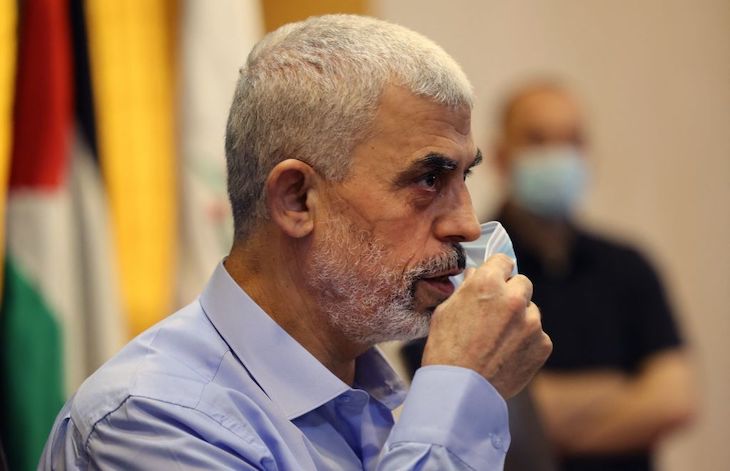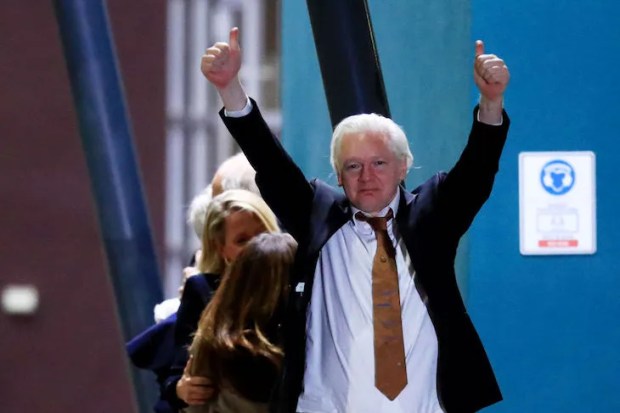Hamas leaders based in Qatar have been holding talks with Palestinian officials from Fatah, the political organisation that dominates the Palestinian Authority (PA) which governs the West Bank. The once rival organisations are in discussions about forming an alliance for governing Gaza after the war with Israel.
For the Palestinian Authority, this is an opportunity to return to Gaza nearly 18 years after the organisation lost the legislative elections to Hamas in 2006.
Already a subscriber? Log in
Subscribe for just $2 a week
Try a month of The Spectator Australia absolutely free and without commitment. Not only that but – if you choose to continue – you’ll pay just $2 a week for your first year.
- Unlimited access to spectator.com.au and app
- The weekly edition on the Spectator Australia app
- Spectator podcasts and newsletters
- Full access to spectator.co.uk
Or




















Comments
Don't miss out
Join the conversation with other Spectator Australia readers. Subscribe to leave a comment.
SUBSCRIBEAlready a subscriber? Log in